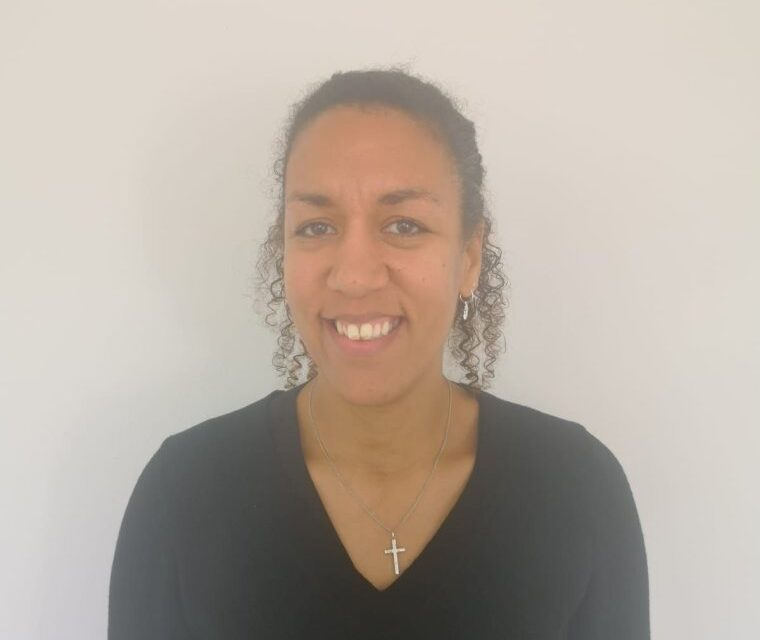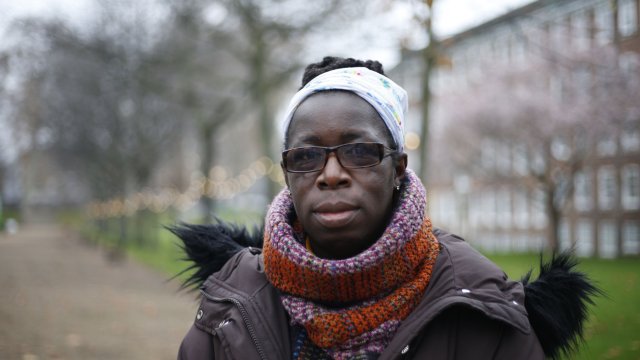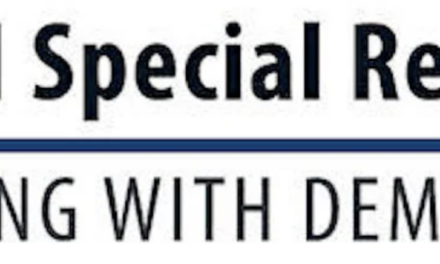A mother has revealed her belief that the asthma and breathing problems experienced by her two young daughters is caused by air pollution as research shows Black communities are disproportionately impacted by toxic air.
Sophia Nzeribe, who lives in Camden, London, told i she believes the asthma and breathing difficulties suffered by her daughters Eva-Rose, six, and Marie-Grace, four, are down to air pollution.
Ms Nzeribe, a married secondary school teacher, says they have no family history of asthma or breathing issues and feels her daughters’ health conditions are a result of living in a polluted city, and her reliance on using public transport while pregnant.
She spoke as a report on what Black mothers know and believe about air pollution reveals that almost half (44 per cent) said they knew “nothing at all” about its impacts during pregnancy.
“Black people are disproportionately affected by air pollution in the same way as they are affected more greatly by other health issues,” said Ms Nzeribe, 37, whose father is Black Nigerian and mother is white British.
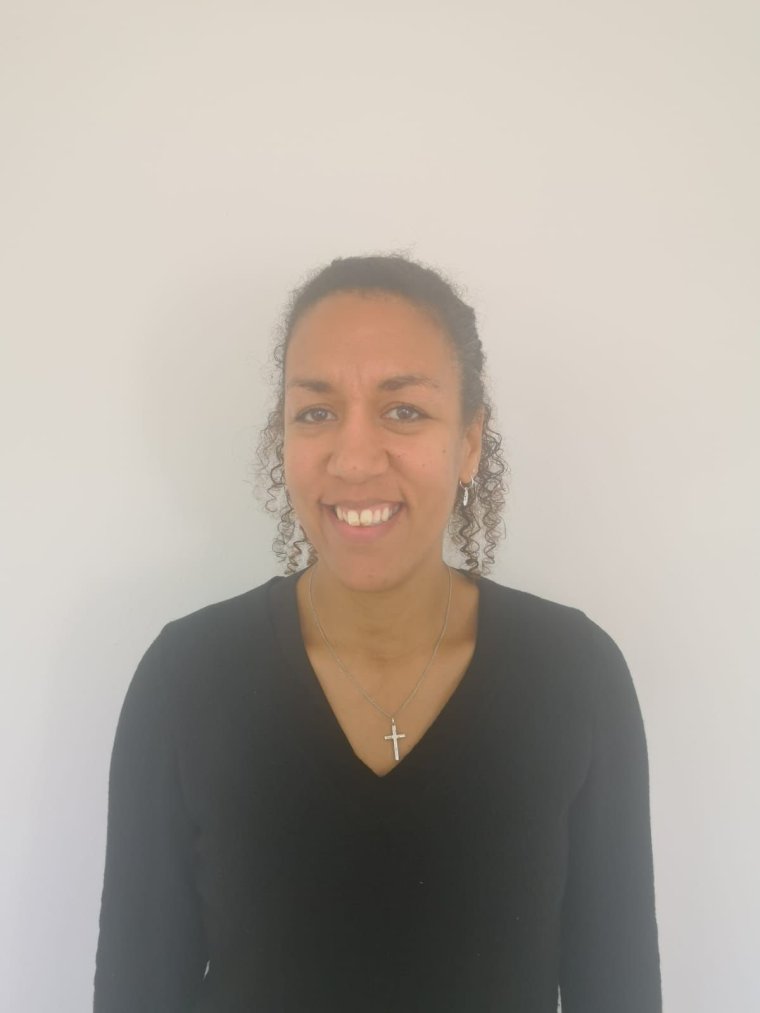
“My husband is Black originating from Cape Verde, so my children are more Black than me. Unfortunately, our skin colour means there are a lot of inequalities and a lot of this is down to systemic and institutional issues.”
A report looking at the impact of air pollution on Black mothers and pregnant women by Global Black Maternal Health, was commissioned by Impact on Urban Health and the researchers spoke directly to Black pregnant women and mothers in London communities about the effects of air pollution on unborn children.
When it comes to air pollution, the report reveals the picture is bleak and that Black communities in London are more likely to breathe illegal levels of air pollution than white of Asian communities.
Air pollution contributes up to 43,000 deaths in the UK each year. According to Government data from 2022, London has the highest percentage of deaths attributable to air pollution, with an estimated 4,000 deaths caused by air pollution each year.
Ms Nzeribe says she first became aware of the breathing problems with her second daughter Maria-Grace, as she began experiencing difficulties from when she was six-weeks-old.
“Maria-Grace became ill after she got a cold and it developed into bronchiolitis,” she recalled. “She was hospitalised and it was traumatic as she had to have a lumber puncture and I was distraught.
“She kept vomiting, getting dehydrated and they told us it was bronchiolitis. Then it started happening every month and we would end up in hospital every month with her for several months.
“More often than not, she would be admitted and it went from being bronchiolitis to viral induced wheeze.
“Every time she got a cold, she wouldn’t be able to breathe properly. It got to the point where she was used to it and would still be running around and was happy, but we could hear her panting for breath.”
Ms Nzeribe says doctors then started to give Maria-Grace inhalers and described her condition as viral induced wheeze and put her under the asthma clinic. She says it was only after she was given a stronger brown inhaler as well as a blue one that her breathing became under better control and the regular hospital visits stopped.
More recently, Ms Nzeribe’s older daughter Eva-Rose began to get wheezy and was diagnosed with asthma and given an inhaler. Ms Nzeribe says she also had a couple of episodes as a baby.
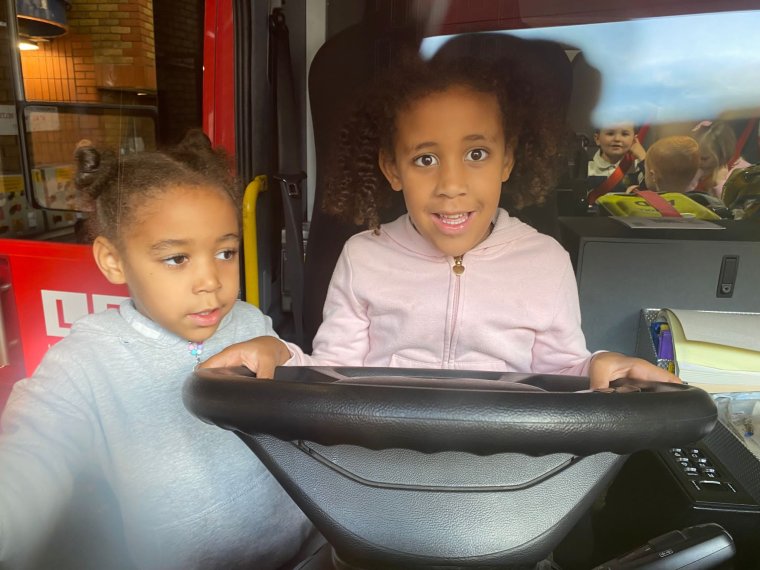
The mum-of-two believes air pollution is to blame as the family lived first in Islington and then Camden, busy inner city areas of London.
“I believe my daughters being exposed to air pollution while I was pregnant with them could definitely be the reason for their breathing problems,” she said.
“We don’t have a car, so we travel by public transport and I am constantly on the buses and walking around and I am convinced air pollution while I was pregnant is the cause.
“Asthma or allergies don’t run in my family or my husband’s family, but both my daughters have had issues since they were babies.
“I asked the doctors if their breathing conditions could have been caused by air pollution and they said maybe, but they won’t say it is the reason because there is not enough evidence.
“But I feel it is the reason as we have always lived in London and we know the air is really bad here.”

The impact of air pollution on minority ethnic communities was highlighted by the death of nine-year-old Ella Kissi-Debrah who died after an acute asthma attack in south London on 15 February 2013. She had more than 25 emergency hospital admissions in the previous three years.
In 2020, a landmark coroner’s report made Ella the first person in the world to have air pollution cited as a cause of death. Her mother Rosamund is an advocate for cleaner air.
Global Black Maternal Health says that pregnant women exposed to air pollution are more likely to have children who are born prematurely, underweight or stillborn and to have reduced live birth rate and maternal depressive symptoms.
However, despite these findings, they said that until now, no research into air pollution and pregnancy had directly spoken to the communities who are more adversely affected.
Agnes Agyepong, CEO of Global Maternal Health, said: “We wanted to commission this report to take the first step towards truly understanding the disproportionate impact that air pollution can have on Black communities.
“Many times reports show race is an increased risk factor, but rarely do these reports delve into the contextual nuances and systemic issues at play. Previous studies of air pollution have not included the very women who are amongst the most impacted.
“We stand at a crucial crossroads. We have the power to effect change and to challenge the systems that perpetuate these disparities, and it starts with amplifying the voices of Black women.”
The report found that while the majority of respondents were concerned about the impact of air pollution on their health, their baby’s health and the long term impact on their child once born, just over a quarter reported they were not at all concerned.
When asked about the effects of air pollution on health during pregnancy, 44 per cent said they knew nothing at all, rising to 56 per cent who felt they knew nothing at all when it came to the health of their baby in the womb.
Nikita Sinclair, portfolio manager at Impact on Urban Health, said: “Time and time again, research shows that the health effects of air pollution are unfair. And a significant example of this inequality is that air pollution affects the health of unborn babies still developing in the womb.
“As the first-ever air pollution study speaking directly to Black mothers and Black pregnant women, this research will bring previously unheard experiences to life.
“Perspectives uncovered through this partnership will challenge policymakers and professional bodies to do more to protect the health of Black mothers and babies in cities.”
Responsibility for air quality within London is devolved from the Secretary of State to the Mayor of London under the Greater London Authority Act 1999.
A spokesperson for the Mayor of London, said: “Toxic air is damaging the health of people across London.
“But it’s also a matter of social and racial justice as we know that it’s Black, Asian and minority ethnic Londoners, and those from immigrant backgrounds, who are being disproportionately exposed to air pollution in our city.
“The Mayor is taking bold action to clean up London’s air. This includes expanding the ULEZ later this month, which will enable five million more Londoners – of all backgrounds and ethnicities – to breathe cleaner air.”
A Department for Environment, Food and Rural Affairs (Defra) spokesperson said: “Air pollution has reduced significantly since 2010, with nitrogen oxide emissions down 45 per cent, PM2.5 (fine particulate matter) emissions down 10 per cent and sulphur dioxide emissions down 73 per cent.
“However, we know that we must go further and that is why we have set new targets for PM2.5 – the most harmful pollutant to human health – under the Environment Act 2021.
“We are reviewing how we communicate air quality information to the public, to understand the effectiveness of current air quality information and how the content and means of communication can be improved.”

